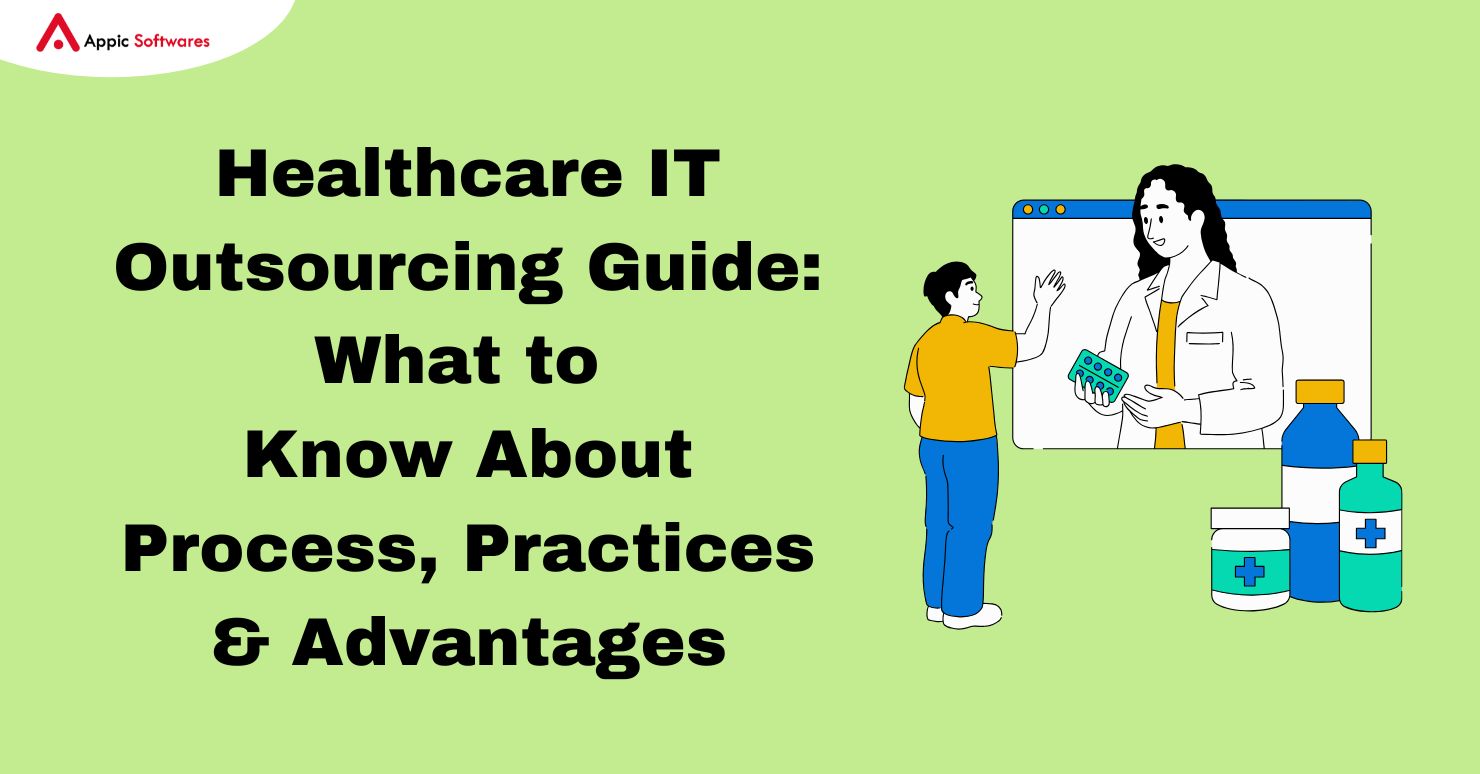
Do you know, that the most used server all around the globe is the Nginx server with around 34.1% of the users? Dealing with a server crash is never enjoyable. If your server breaks and you run a large business, your users may face significant disruptions that could result in significant financial losses. You are at the mercy of your host if you are an individual with a single website and their server collapses. Say no to prayer since it’s not fun to be idle.
Everyone is aware that servers might fail. Everyone knows this is wrong. The reason behind server crashes is the actual query. We’ll go over some typical reasons why servers crash in addition to some proactive steps you may try to take to stop crashes.
Hardware Failure Causing a Server Crash
Sometimes, living in a world dominated by software, we overlook the value of hardware. Servers are usually housed in data centers, which are required to maintain current and functional systems and equipment. The software consequently cannot operate in the absence of functional hardware.
Hardware problems are frequently unpreventable. Consider your vehicle. Occasionally, a car simply breaks. The car broke down for no apparent reason; the parts were all inspected and found to be in good functioning order. Perhaps there was a rock in the exhaust. Perhaps a belt broke out of the blue. Whatever it is, it’s bad, straight up.
What precautions can you take if you are the owner and operator of your server’s hardware?
- Ensure that the tools being utilized are current and represent contemporary technology.
- Make sure you have backup generators in case the electricity goes out or your batteries run out.
- Maintain a high level of air conditioning in your data center to avoid overheating.
- Provide a rigorous procedure and guidelines for upkeep and entry into the data center.
Software Failure
You may very well have server crashes in the future if your server isn’t operating at optimal efficiency. In certain cases, under typical operating settings, badly optimized server-side code can use up all of your resources, overwhelming your server and causing it to crash.
Alternatively, the crash may have originated from the frontend code itself. Your server may crash if there is an infinite loop or if you are not managing all edge circumstances.
What then can we do to make sure that server crashes aren’t caused by software problems?
- Do tests. Before going live, make sure to test everything if you are updating your server or code! Is it time-consuming and annoying? Sure. Will it aid in avoiding collisions? Sure.
- Make a server software update. Consider Apple’s iOS system. Their operating system is always receiving new upgrades from them. How come? They update frequently in part to introduce new features, but they also update frequently in large part to repair flaws.
- Take the bugs on head-on. You must fix any bugs in your system as soon as possible to prevent more problems. Learn more about handling bugs by reading our ebook, available here.
- Utilize analytics that predict. Once more, even if it’s pricey, it has a use case: it allows you to test the system in a variety of changeable conditions using cases, or made-up scenarios. This will assist you in finding any other bugs or functioning problems.
Human Error (WE WANT ROBOTS!)
Most of the time, humans are wonderful, but occasionally, they’re not so fantastic. One of the main causes of downtime is human error. Why does this happen? Human error, ignorance, carelessness, or just plain incompetence all have a direct effect on the server’s performance when they operate on it.
We can combat human mistakes in essentially two ways.
- In your policy, be thorough! All procedures should be documented, and the maintenance and requirement processes should be as methodical as feasible.
- Turn it on. Invest the cash to bring yourself into the era of machine learning and augmented reality. Error decreases as human interaction decreases.
Cybersecurity Breach
Regretfully, not everyone in this world is kind. You have to be quick on your feet because there are individuals who want to hurt you! An assault has the potential to be quite damaging if your system isn’t protected by the right cybersecurity procedures.
Your system will be attacked by users for a variety of reasons. They might wish to take your information. They may wish to stop your system. Or perhaps they wish to annoy your users. Attacks, no matter what kind, are attacks, and you must be ready to repel them.
Numerous typical attacks are possible. Here are a few illustrations. Notice this.
DoS attack – Denial of Service
This happens when a hacker overburdens your network with traffic in an attempt to disturb users and prevent them from accessing content. The hacker is crashing the system by flooding it with too much traffic.
DDoS attack – Distributed Denial of Service
Though it originates from a large number of machines pursuing the same goal, this is identical to a denial-of-service assault. A DDoS attack is more complex and challenging to fight against due to its increased attack surface.
Zero-day Attack
This happens when your code has a vulnerability. You are exposed if your code is out of date and has unpatched vulnerabilities.
SQL Injection
If there is a flaw in your code and your server runs SQL (structured query language), you could be vulnerable to this attack. A hacker will introduce a line of SQL code into the server, causing it to malfunction and crash.
By making sure your system is secure through tests and simulations, you may try to fend off these possible threats. To bolster your defense, you may also always hire cybersecurity teams.
External Variables (Natural Disasters)
Without further ado, this one is terrible. Not only will you be dealing with a natural disaster that will negatively impact your town, but there is also a chance that it could bring down your local server. Natural calamities such as lightning, floods, wildfires, tornadoes, earthquakes, and hurricanes have all resulted in server failures.
It is possible to take steps to stop catastrophic crashes caused by natural disasters. Strong power systems, sufficient cooling systems, backups, and other features are essential for any data center. Do not be alarmed; the majority of data centers, if not all of them, have strong defenses against natural disasters. On the other hand, just pray for the best and be prepared with backup plans in case Mother Nature opens the floodgates because she’s not happy (let’s treat our environment well to keep her happy!).
Server Crash: Many Reasons, Many Preventions
Thus, a variety of factors might lead to server crashes. We have some control over some of them, but not all of them. Still, there are safeguards against any risks that we can take. Although they are not infallible, they can certainly reduce interruptions or downtime for end users.
Moreover, if you are looking to hire DevOps engineer that can help you maintain your site, then you can get the best engineers from Appic Softwares. Hire them @ $15/hr Now!
FAQs
Q.What does it mean when a server crashes?
A.A server crash refers to a situation where a server becomes unresponsive, shuts down unexpectedly, or fails to deliver the requested services. This can affect websites, apps, emails, and internal systems depending on how critical the server is.
Q.What are the common reasons a server crashes?
A.Here are six common reasons:
-
Hardware Failure – Issues with RAM, hard drives, power supply, or cooling systems can bring the server down.
-
Software Bugs – Poorly written code or system conflicts can cause the operating system or applications to crash.
-
Overload or High Traffic – When a server receives more traffic than it can handle, it may crash due to CPU or memory overload.
-
DDoS Attacks – Malicious attacks that flood the server with fake traffic can force it to crash.
-
Disk Space Full – A full storage drive can prevent the server from writing new files or logs, leading to system failure.
-
Power Outage or Network Failure – Sudden power cuts or network disruptions can bring down server access and performance.
Q.How do I know if my server has crashed?
A.Signs of a server crash include:
-
Website or application becomes unreachable
-
Server not responding to ping or SSH
-
Error messages like “500 Internal Server Error”
-
High latency or timeout issues
-
Server logs show critical errors or panic messages








